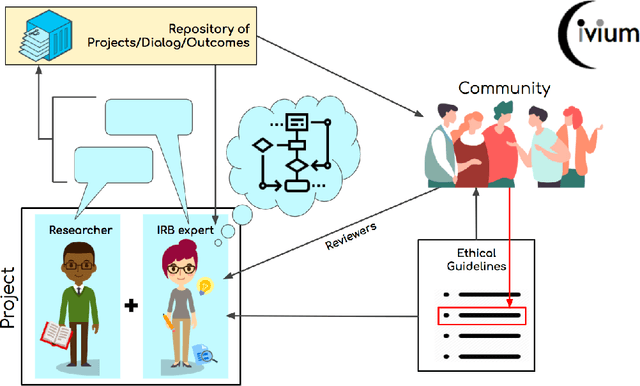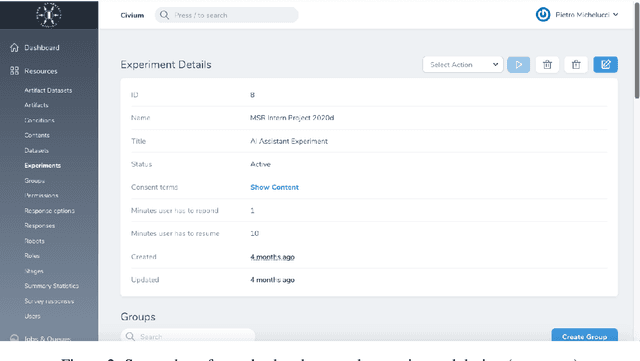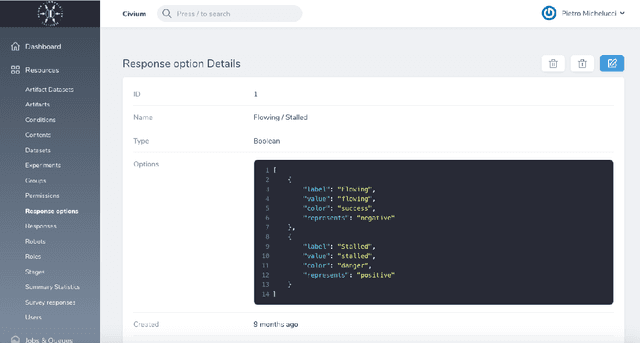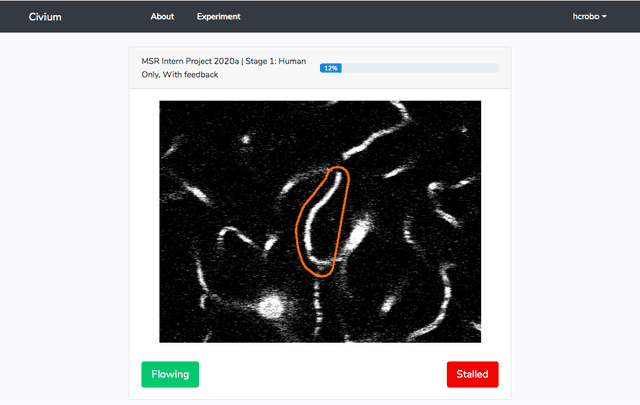Human computation requires and enables a new approach to ethical review
Paper and Code
Nov 21, 2020



With humans increasingly serving as computational elements in distributed information processing systems and in consideration of the profit-driven motives and potential inequities that might accompany the emerging thinking economy[1], we recognize the need for establishing a set of related ethics to ensure the fair treatment and wellbeing of online cognitive laborers and the conscientious use of the capabilities to which they contribute. Toward this end, we first describe human-in-the-loop computing in context of the new concerns it raises that are not addressed by traditional ethical research standards. We then describe shortcomings in the traditional approach to ethical review and introduce a dynamic approach for sustaining an ethical framework that can continue to evolve within the rapidly shifting context of disruptive new technologies.
 Add to Chrome
Add to Chrome Add to Firefox
Add to Firefox Add to Edge
Add to Edge